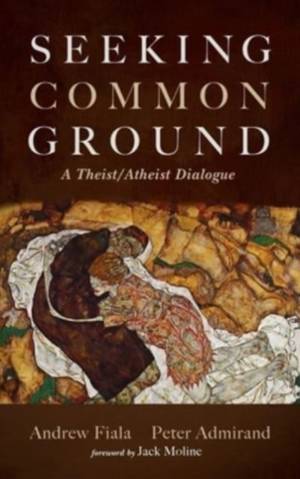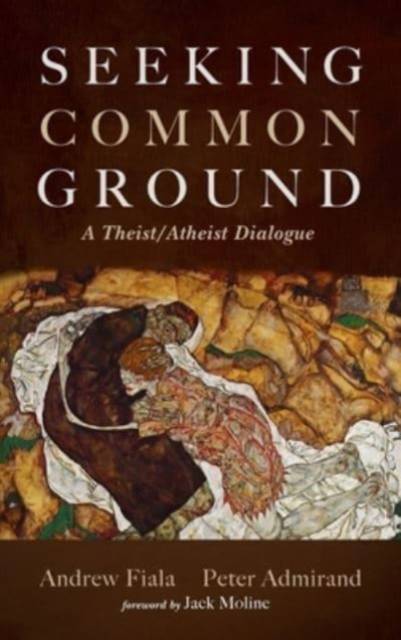
- Afhalen na 1 uur in een winkel met voorraad
- Gratis thuislevering in België vanaf € 30
- Ruim aanbod met 7 miljoen producten
- Afhalen na 1 uur in een winkel met voorraad
- Gratis thuislevering in België vanaf € 30
- Ruim aanbod met 7 miljoen producten
Zoeken
€ 72,45
+ 144 punten
Uitvoering
Omschrijving
Seeking Common Ground is a dialogue between an atheist philosopher and a Catholic theologian. It is about religion and nonreligion, as well as about dialogue itself. The book provides a framework for dialogue grounded in seven key values: Harmony, Courage, Humility, Curiosity, Honesty, Compassion, and Honor. Unlike typical "debates" about religion and atheism, Fiala and Admirand show that atheists and theists can work together on projects of mutual understanding. They explore the terrain of religion and nonreligion, discussing a range of sources, topics, issues, and concerns, including: adventures in interfaith dialogue, challenging ethical issues, problems interpreting biblical texts, the growth of secularism, and the importance of ritual and community. The authors show that it is possible to disagree about religion while also seeking common ground. The book includes a foreword by Rabbi Jack Moline, president of the U.S. Interfaith Alliance.
Specificaties
Betrokkenen
- Auteur(s):
- Uitgeverij:
Inhoud
- Aantal bladzijden:
- 294
- Taal:
- Engels
Eigenschappen
- Productcode (EAN):
- 9781725275300
- Verschijningsdatum:
- 26/08/2021
- Uitvoering:
- Hardcover
- Formaat:
- Genaaid
- Afmetingen:
- 152 mm x 229 mm
- Gewicht:
- 603 g

Alleen bij Standaard Boekhandel
+ 144 punten op je klantenkaart van Standaard Boekhandel
Beoordelingen
We publiceren alleen reviews die voldoen aan de voorwaarden voor reviews. Bekijk onze voorwaarden voor reviews.











